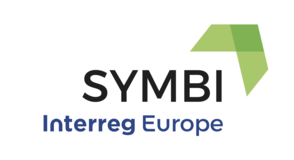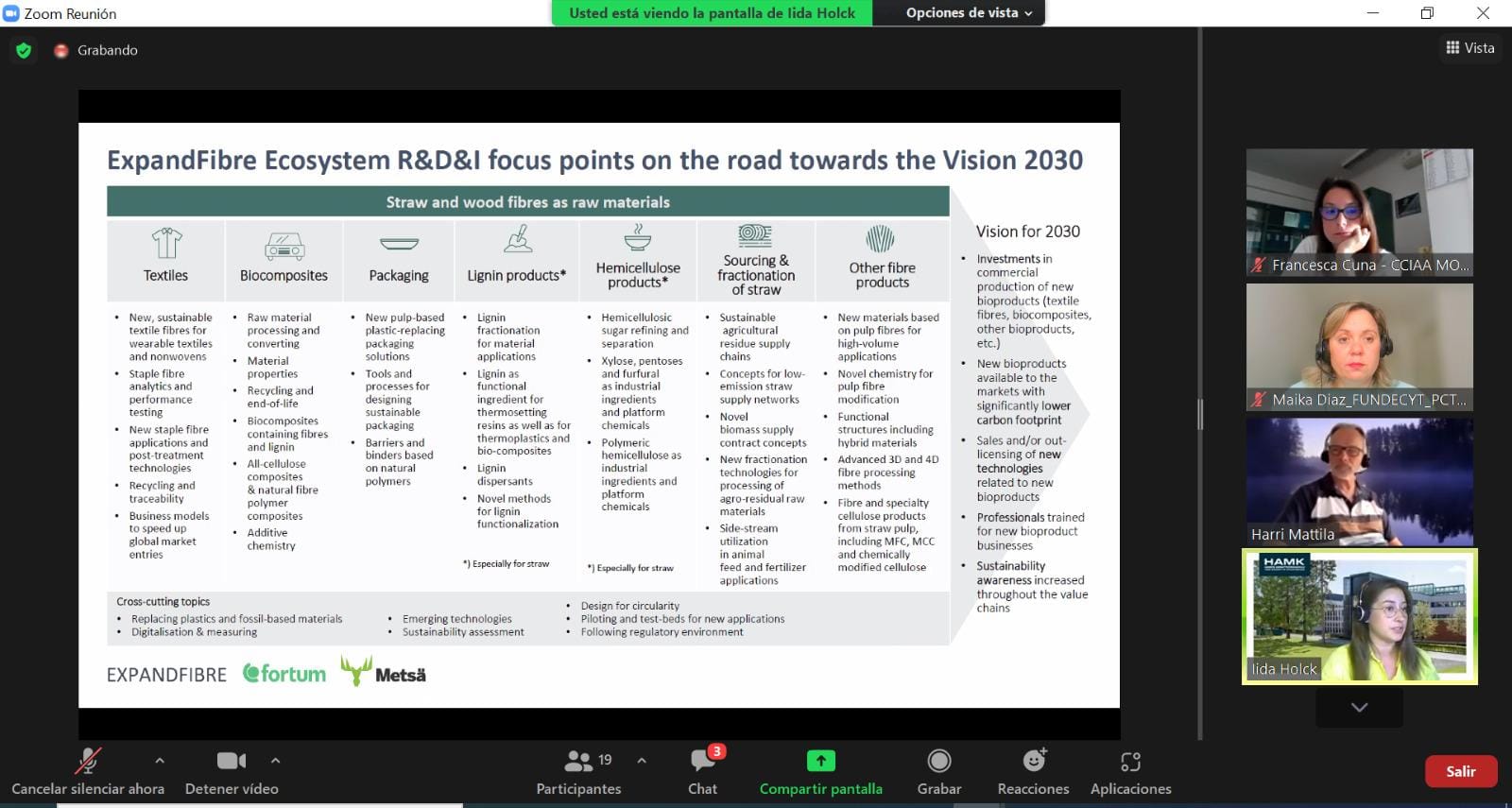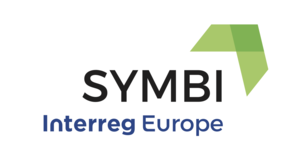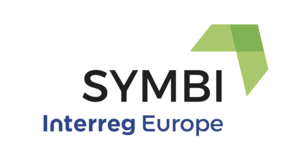At the end of first phase, our slovenian partner, as part of their Action Plan, asked for the implementation of a pilot project, as in Slovenia, there is a lack of deep and extensive knowledge about the circular economy strategies and approaches to implement industrial symbiosis at the practical level of the company.
Following these results of SYMBI project, they concluded that needed a structured approach in setting up the support environment. This was the goal that was followed in the SYMBI pilot project.
They implemented systemic training activities that equipped key regional stakeholders with the necessary knowledge and practical skills about the industrial symbiosis – working as a start-up model for a business support environment. They designed a training model that consists of two key activities: a) congested courses; b) practice. The training model offered participants a complete overview about: a) circular economy concept, how what is the legislation, what does it mean for companies (advantages, benefits, business models, etc.) and with focus on what industrial symbiosis is, how it is regulated (legal aspect, barriers, opportunities), which are its main advantages for regional development, companies competitiveness, environment, and society; b) how the industrial symbiosis looks in practices by visiting some of the most prominent case studies in Slovenia (also to learn from the good practices in other member states/partner countries through invited experts); c) practicum, where these trainees have identified companies with symbiotic potential and started making links. The training model was carried out by different national and foreign experts from a certain field.
Our slovenian partners, SVRK and RRALUR, are particularly proud of the practical cooperation with the companies that lead to the establishment of industrial symbiosis in practice. From January to December 2020, cooperation with companies took place with the following steps: diagnosis of companies based on questionnaires, interviews, and online meetings in cooperation with the mentor, key raw materials were defined with the opportunities for the exchange, as well as the recommendations with the individual approach to each company were prepared. They have been able to establish the synergy between two companies, farmers specialized in mushroom cultivation and the coffee shop. You can take a massive waste stream of coffee grounds and use it to grow gourmet mushrooms in a way that is easier than traditional mushroom cultivation. All amount of energy in producing coffee beans is placed on the liquid extract of their flavor, 99% of the biomass of the coffee bean is wasted. The huge amount of waste coffee is still full of nutrients that mushrooms need to grow on. Based on that they have identified mutual economic benefits for both companies as well as a positive contribution to the environment.
By working together and exchanging raw material, partnership in SYMBI pilot Symbiosis increased resilience and economic gains, while reducing the environmental impact and expenses.





